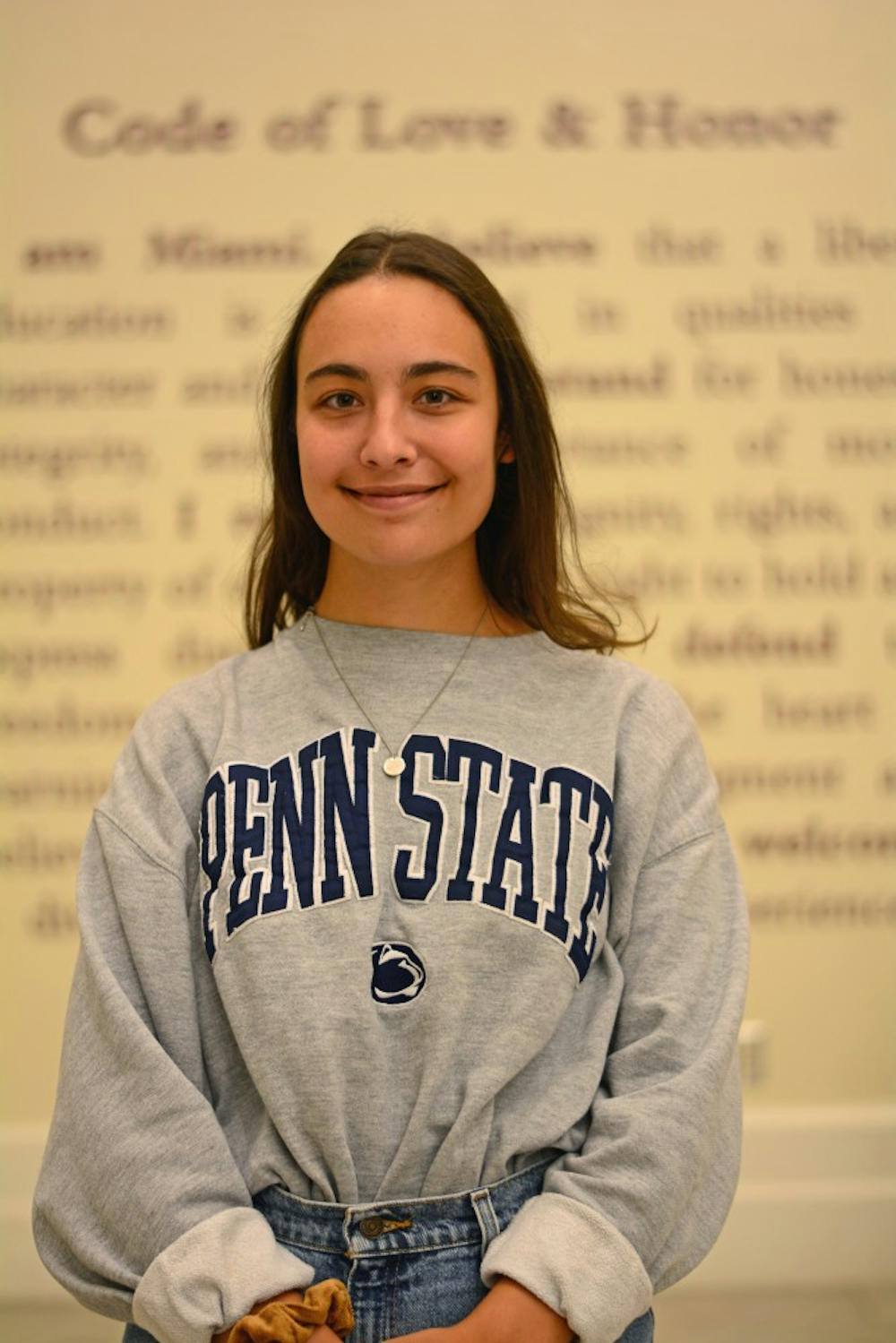After reading Natalie Beach’s story in The Cut about her long, fraught friendship with social media influencer Caroline Calloway, I’m still not sure what the news factor is or why Calloway continues to grace headlines.
Her story, which comes down to being a popular-but-scatterbrained Instagrammer, isn’t nearly as dramatic or gripping as that of Russian scammer Anna Sorokin, whose former friend Rachel DeLoache-Williams also published an article about her in Vanity Fair (and later penned a full-length memoir about their relationship).
Sorokin has been imprisoned since 2017 for swindling New York hotels, a private jet company and banks out of hundreds of thousands of dollars. DeLoache-Williams also ended up owing $60,000 for a trip to Morocco Sorokin promised to pay for, though Sorokin was found not guilty of fraud on that count.
According to Beach’s article, Calloway did nothing illegal — though her recent fan-oriented “creativity workshops” were compared by attendees to 2017’s Fyre Festival (whose primary organizer is serving prison time for fraud).
Calloway also didn’t follow through on a $500,000 memoir deal a few years ago. She reportedly never paid back her advance, but it doesn’t appear that Calloway was ever charged with fraud or any other criminal activity.
BuzzFeed recently interviewed the influencer about “why you love to hate her.” In the interview, Calloway made it clear she thought of herself as one of the nation’s most hated public figures. But 1.) she’s only considered a public figure by a specific, millennial demographic and 2.) far fewer people seem to hate her than are simply ambivalent toward her.
“I think that is people wanting to condemn young white girls with lots of Instagram followers,” Calloway told BuzzFeed. “Our culture loves to fucking hate them.”
If our culture “loves to fucking hate” young, white female influencers, why does Calloway have nearly 800,000 Instagram followers? Why does teen Emma Chamberlain, whose fame is entirely dependent on her social media presence, have over eight million?
Madison Mealy, the only influencer I follow, has nearly 300,000 Instagram fans. Other young, white female influencers who she promotes (her colleagues, if you will) also boast hundreds of thousands of followers.
I think it’s pretty clear that our culture doesn’t “fucking hate” young white women with droves of Instagram followers — it worships them. If we truly, as a society, hated influencers, they wouldn’t have millions of fans.
If anything is newsworthy about Calloway, it’s the bizarre way she’s handled her social media since she found out Beach was publishing a story about their friendship.
Sharing pieces and, occasionally, intimate details of their lives is typical for influencers. That’s how they gain fans, by being simultaneously relatable and idealistic versions of who their followers want to be.
Enjoy what you're reading?
Signup for our newsletter
But Calloway, who gained popularity by posting novelistic captions on photos of her studying abroad, painting and philosophizing about past relationships, has been posting excessively and erratically for weeks (possibly before then, but I’ve only been keeping tabs on her since Beach’s story was published).
She’s rambled for paragraphs (with related and unrelated photos) about how talented Beach is and how much she doesn’t want her story to be public and also how much she does.
She’s divulged devastating personal details about her father’s recent death, along with genuinely touching and thoughtful captions musing on advice from her therapist.
She’s promoted stories about herself online but also criticized them, and she seems to have taken every opportunity she’s been given to speak publicly about Beach’s article and influencer culture. Along with her BuzzFeed interview, she promoted a “Red Scare” podcast episode in which she discussed it all on Sept. 27.
Calloway has also posted photos of paintings and snippets of Beach’s article, and the same photo of her speaking on a panel 12 times, all with different captions.
In her Instagram bio, Calloway claims to be a “Writer, Art Historian” and “Artist.” When I wrote this, she also had a link to a Sept. 27 Atlantic article defending her in her bio.
She very well may be a writer, art historian and artist. Calloway has an art history degree, and she seems to spend most of her time penning Instagram captions about her life, which she feels is noteworthy.
But Caroline Calloway hasn’t done or written anything worthy of all the media attention she’s receiving. She’s not a criminal, or a scammer, or even a particularly good writer. She’s just a privileged twenty-something-year-old woman with an artsy, aesthetically pleasing Instagram.
If she stopped trying to hypocritically capitalize on all this attention, I’d probably follow her.




